

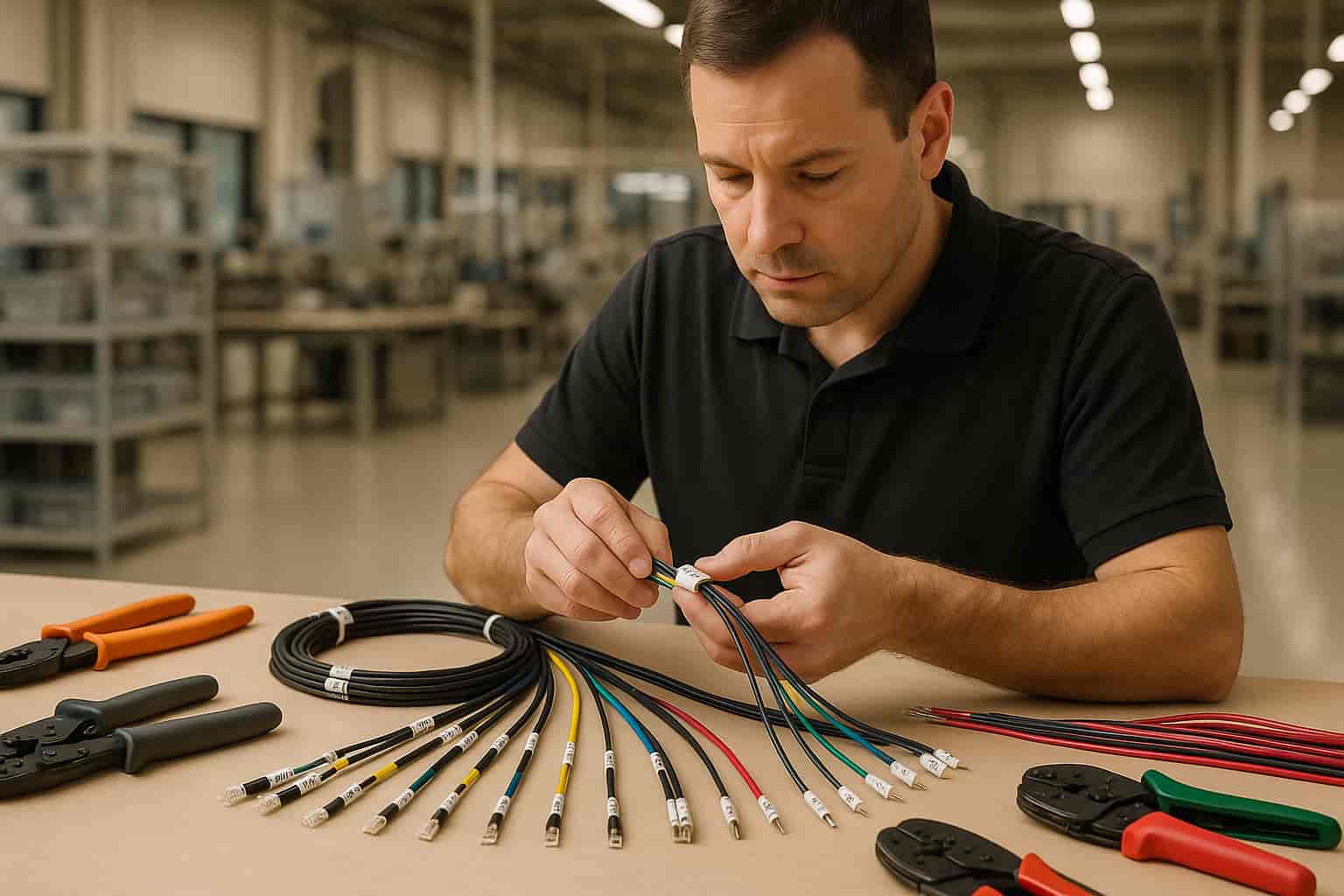
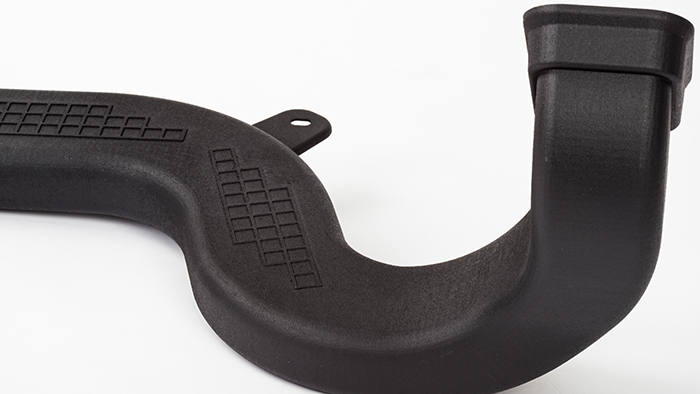

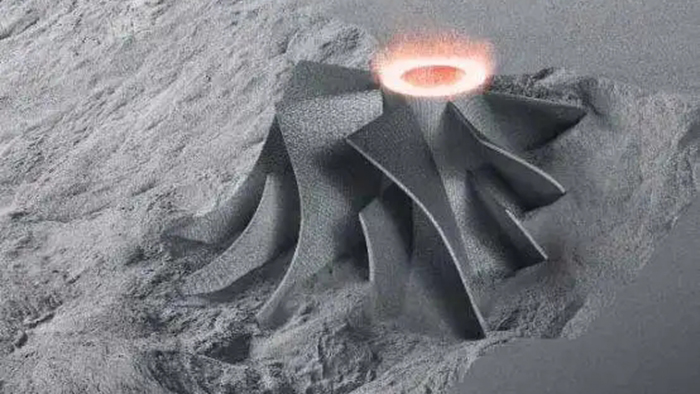
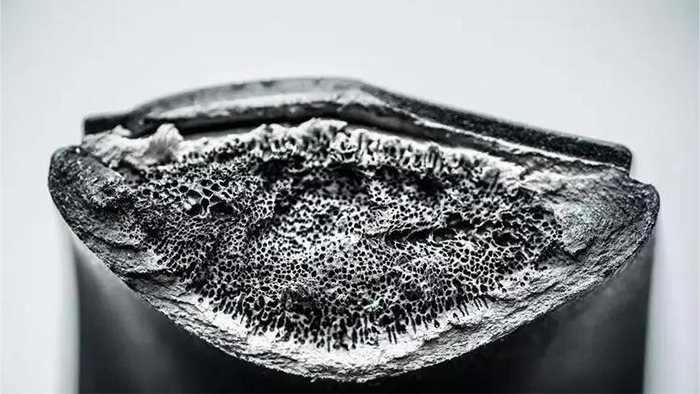
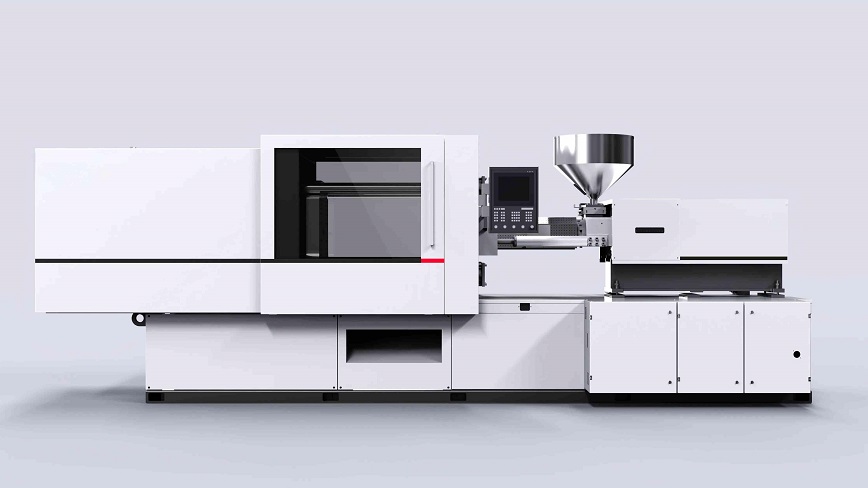
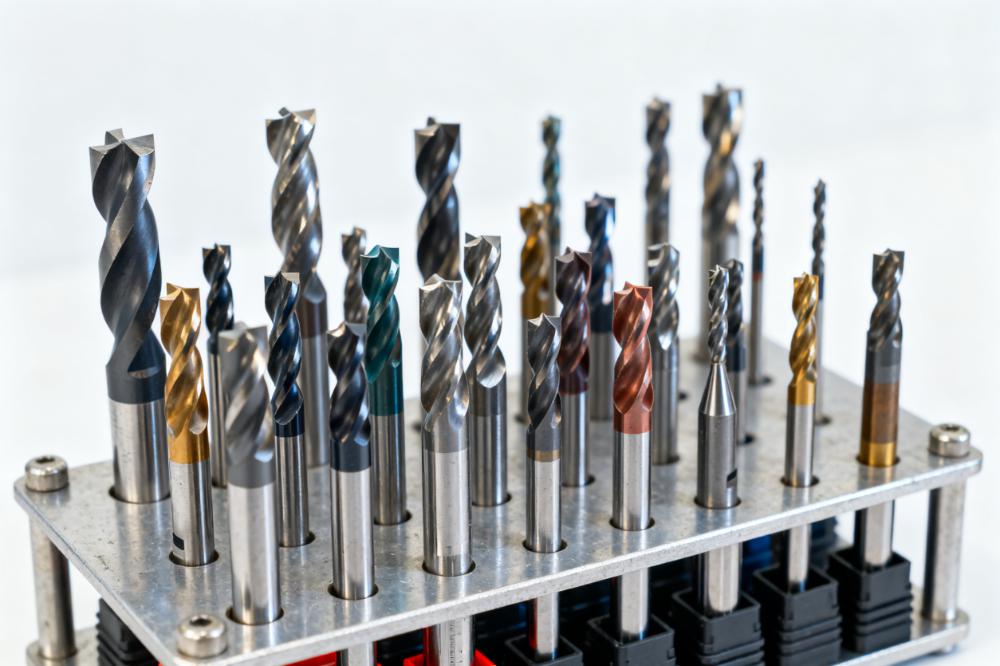
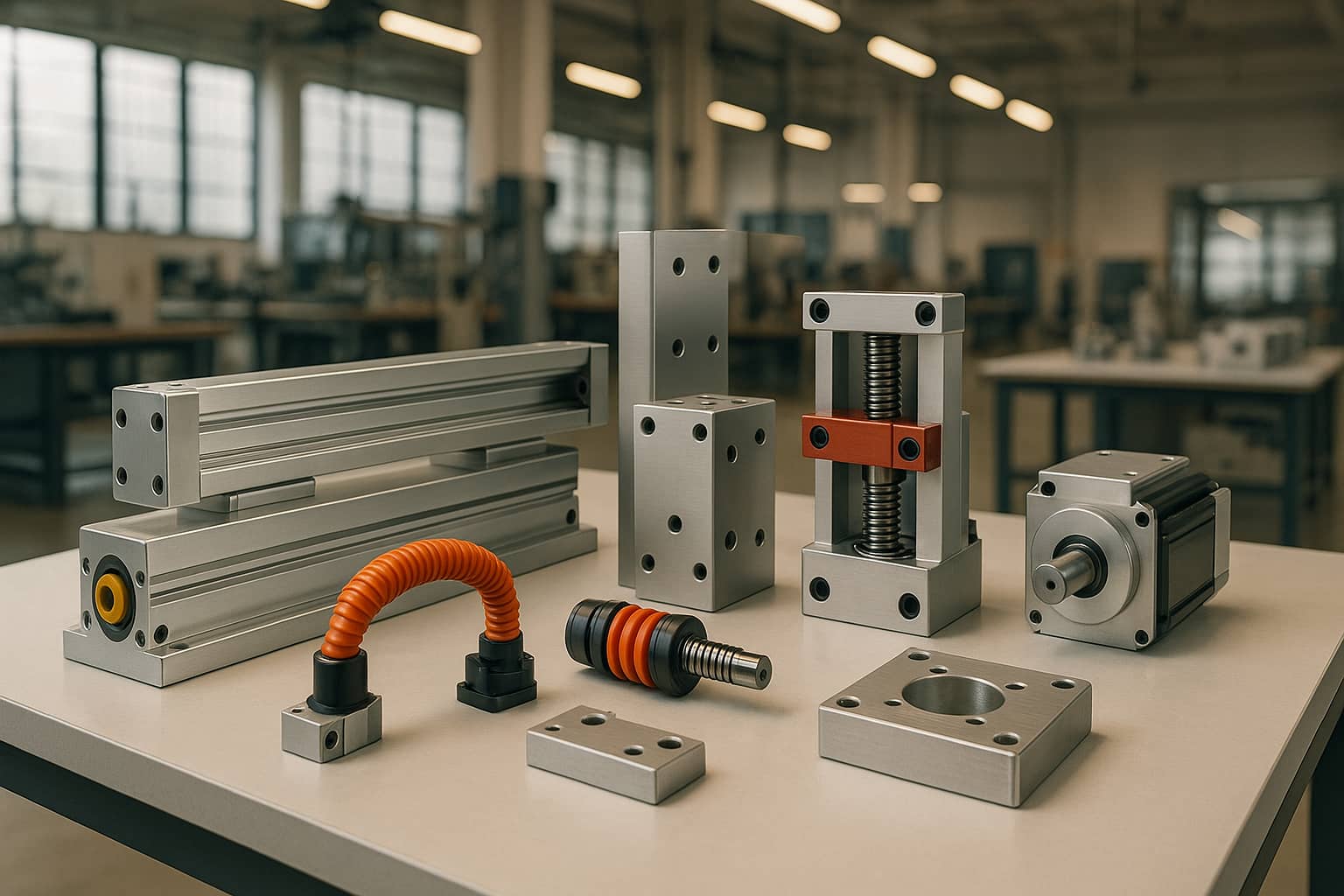
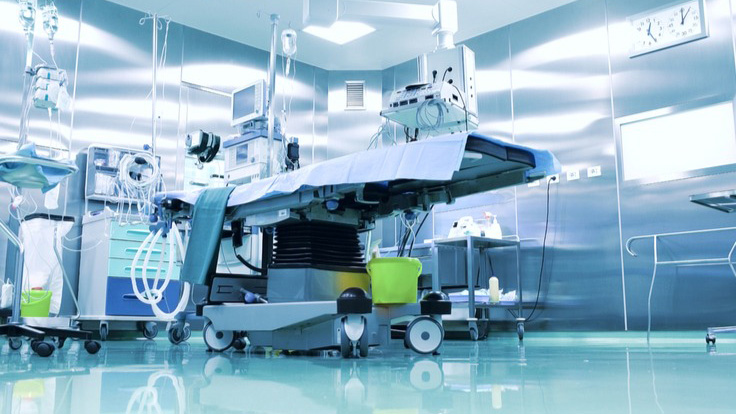
In today's fast-paced product development cycles, the ability to iterate quickly and produce high-quality parts on demand is not merely an advantage—it's a necessity. This is where Rapid CNC Machiningemerges as a critical manufacturing solution, bridging the gap between rapid prototyping and full-scale production. Unlike purely additive methods like 3D printing, Rapid CNC machining delivers functional, durable parts with superior mechanical properties and exceptional surface finishes, making it the go-to choice for demanding applications across aerospace, automotive, medical, and robotics industries.
The Core Strengths of Rapid CNC Machining
Rapid CNC machining leverages subtractive manufacturing technologies, primarily 3-axis, 4-axis, and 5-axis CNC millingand CNC turning, to carve parts from solid blocks of material. The "rapid" aspect is achieved through a highly optimized process that integrates Design for Manufacturability (DFM)feedback, advanced Computer-Aided Manufacturing (CAM)programming, and efficient shop-floor management.
Key technical advantages include:
· Material Versatility:It works with an extensive range of engineering-grade materials, from plastics like ABS and PEEK to metals including aluminum 6061-T6511, stainless steel 304/316, titanium (Ti-6Al-4V), and magnesium alloys. This allows for the creation of parts that can withstand high stress, temperature, and corrosive environments.
· Exceptional Precision and Tolerances:The process is capable of holding incredibly tight geometric dimensioning and tolerancing (GD&T), often within ±0.025mm to ±0.125mm (±0.001" to ±0.005"), which is crucial for components like surgical instruments or aerospace actuators.
· Superior Surface Finishes:Parts come off the machine with excellent surface quality. Post-processing options such as bead blasting, anodizing(Type II and Type III hard coat), passivation, electroplating, and powder coatingcan be applied to enhance aesthetics, corrosion resistance, and durability.
Industry Applications: From Prototype to Production
The application of Rapid CNC machining is vast and varied:
· Aerospace & Defense:Manufacturing lightweight, high-strength brackets, housings, and drone components, often requiring high-speed machining (HSM)of aluminum and titanium to meet stringent strength-to-weight requirements.
· Medical Technology:Producing sterile-compatible, precision components for diagnostic equipment, surgical tool prototypes, and custom jigs and fixtures. Biocompatible materials like stainless steel and titanium are commonly used.
· Automotive & Motorsports:Rapidly iterating on engine components, intake manifolds, and custom fixtures. The ability to machine parts that can endure high thermal and mechanical stress is invaluable for testing and low-volume production.
· Consumer Electronics:Creating functional prototypes for housings, bezels, and internal chassis that require a flawless as-machined finishor specific cosmetic coatings before mass-production tooling is committed.
Mastars: Your Partner in Rapid CNC Machining Excellence
In the competitive landscape of rapid manufacturing, Mastarshas established itself as a leader by mastering the synergy between speed, precision, and service. Specializing in both on-demand rapid prototypingand low-volume manufacturing, Mastars provides an indispensable resource for engineers and product developers.
The company’s strength lies in its technological infrastructure and customer-centric approach:
· Advanced Machining Fleet:Mastars operates a comprehensive fleet of multi-axis CNC machining centersand precision lathes, enabling them to handle complex geometries—from simple turned shafts to parts requiring simultaneous 5-axis machiningto avoid multiple setups.
· Expertise in DFM Analysis:Their engineering team provides detailed DFM feedbackat the quotation stage, identifying potential issues with undercuts, deep cavities, thin walls, and critical tolerances to optimize the part for manufacturability and cost-effectiveness.
· End-to-End Solution:Mastars offers a seamless process from CAD file to finished part. This includes expert CAM programmingfor optimal toolpaths, in-house Coordinate Measuring Machine (CMM)inspection for first-article inspection (FAI), and a full suite of finishing services. Their capability to machine prototypes and then scale to low-volume production runsensures consistency and saves valuable time.
By integrating state-of-the-art technology with deep manufacturing expertise, Mastars empowers clients to accelerate their innovation, reduce time-to-market, and bring higher-quality products to life.
Conclusion
Rapid CNC machining continues to be the backbone of agile product development. Its ability to produce robust, precise parts from a wide array of materials makes it indispensable. For companies seeking a manufacturing partner that embodies these principles, Mastarsrepresents a benchmark in quality, reliability, and technical proficiency, ensuring that even the most complex designs are realized with speed and precision